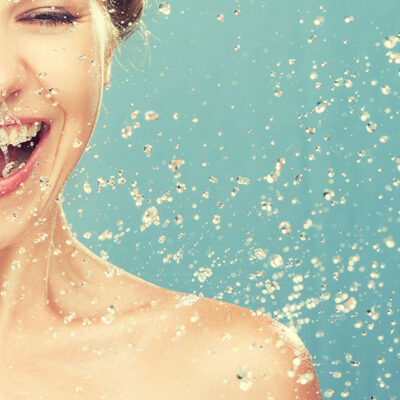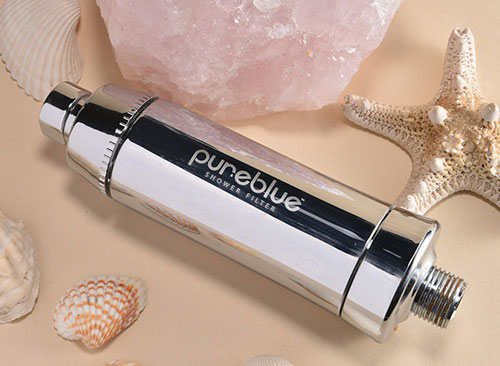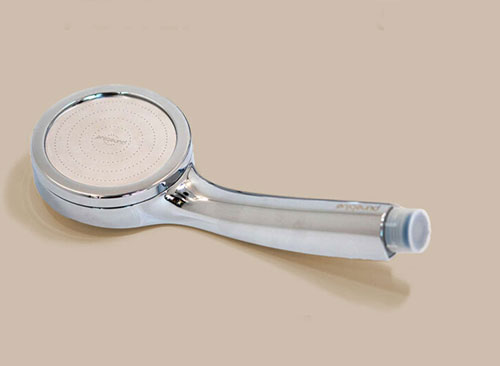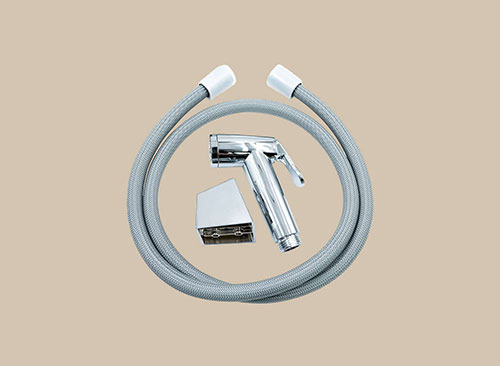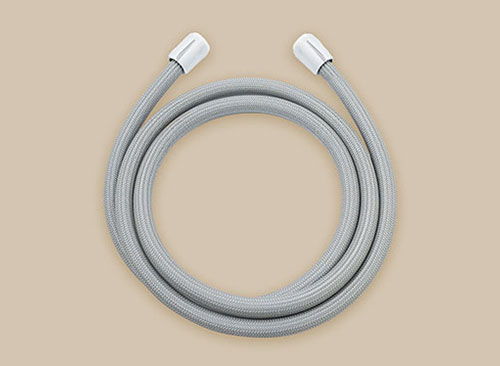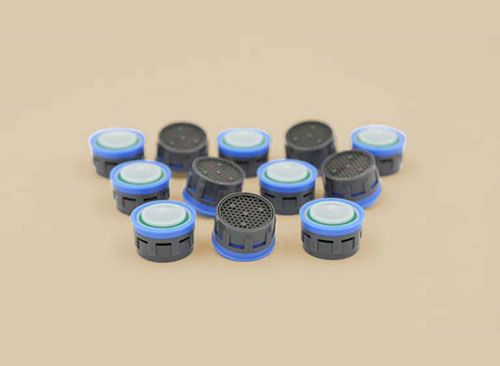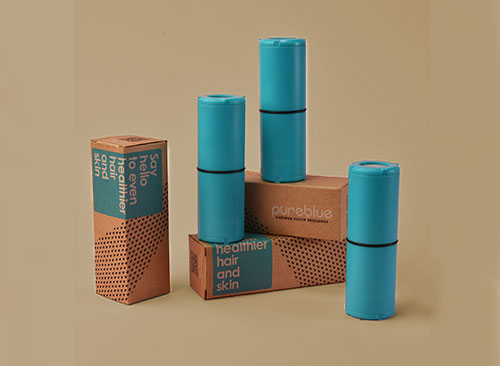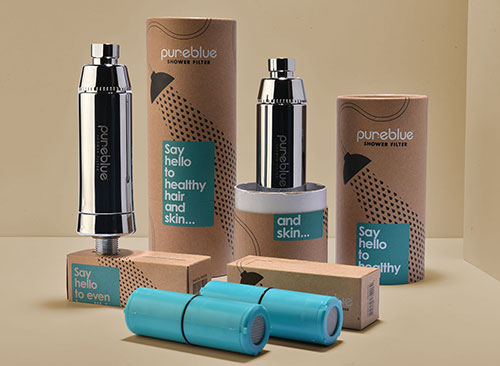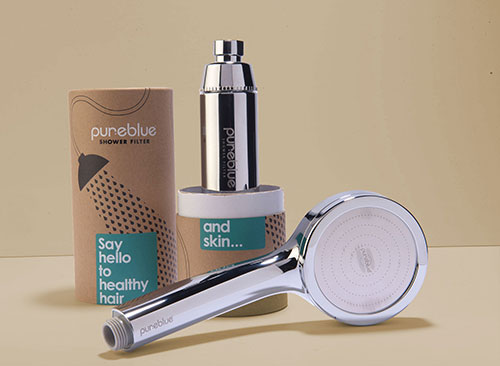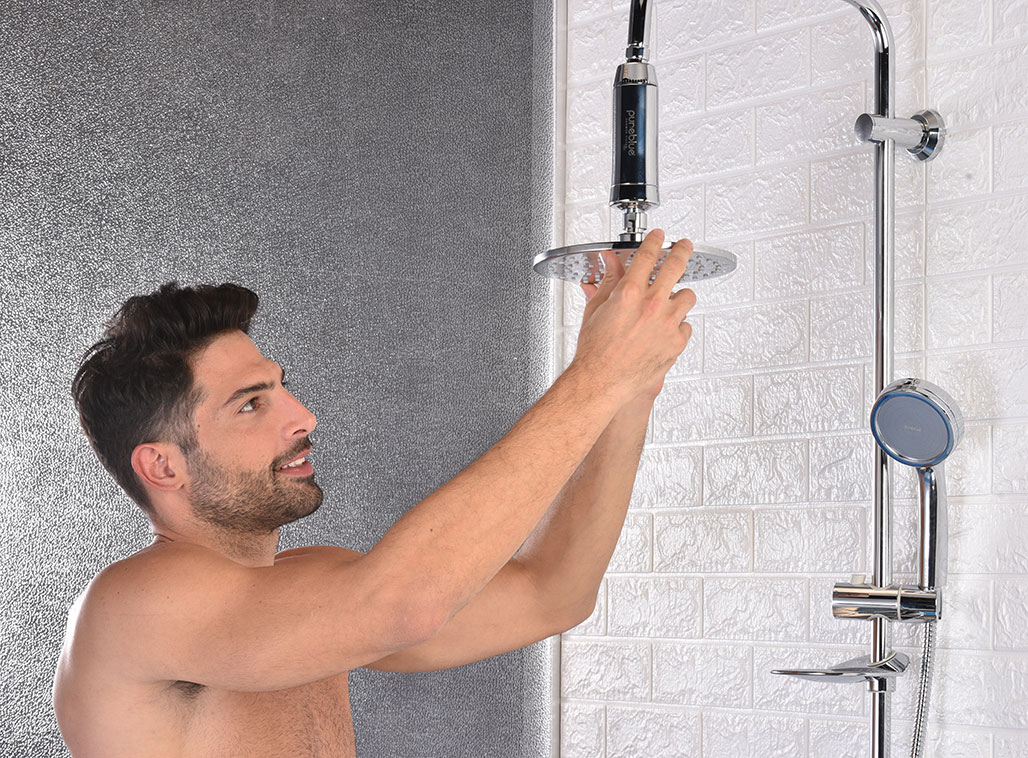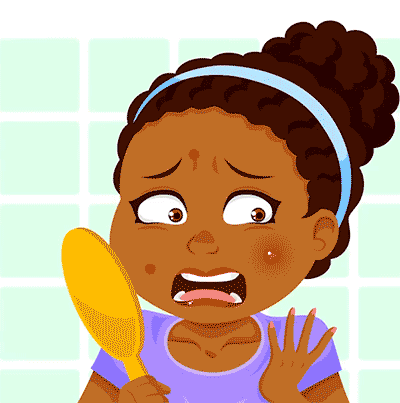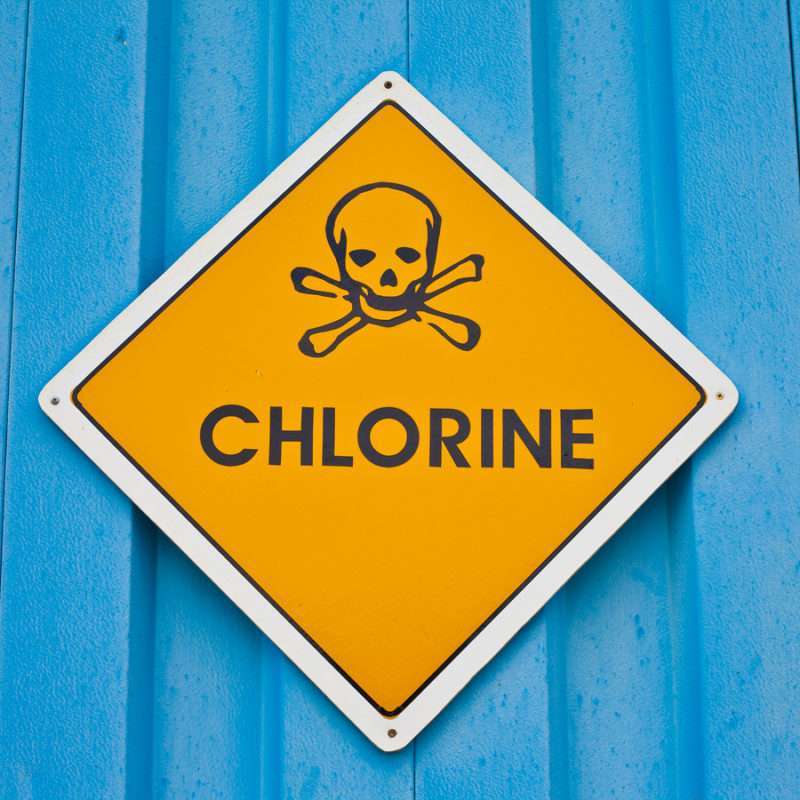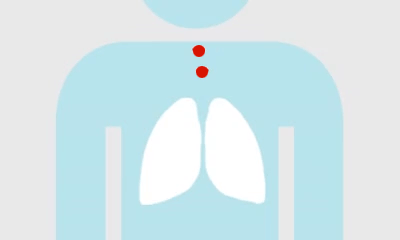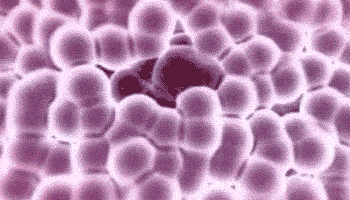Chlorine bonds to hair, stripping it of its natural protective and nourishing oils. This can cause hair to become dry, frizzy, or brittle.
Our scalps naturally produce oil to protect hair from damage and daily wear. Stripping the oil from your hair can cause over drying.
Calcium and chlorine deposits from desalinated water stick to the hair inside the open follicles and crystallize. These mineral crystals grow, causing the protective cuticles to break off.
Everyone that regularly exposes their hair to chlorinated shower water risks damage, but some hair types will damage more severely.
If your hair meets the following criteria, you will want to take extra care to prevent chlorine damage:
- Color Treated Hair: especially if your hair is chemically lightened or highlighted.
- Dry Hair
- Thin or Fine Hair
- Previously Damaged Hair






